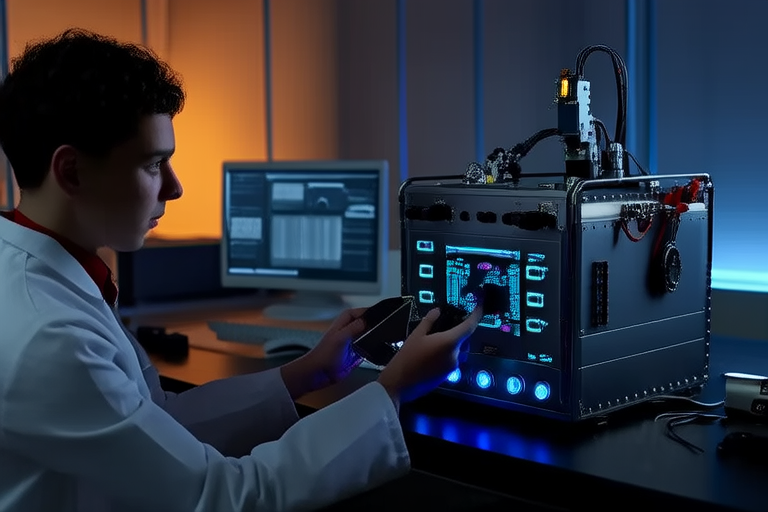“`html
The Future of Communication: How NLP is Reshaping Human-Machine Interaction
Natural Language Processing (NLP) is at the forefront of technological innovation, revolutionizing the way humans interact with machines. This article explores the transformative power of NLP, delving into its history, current applications, and future prospects. By understanding the nuances of NLP, we can better appreciate its role in shaping the future of communication.
Introduction
Natural Language Processing (NLP) is a branch of artificial intelligence that focuses on the interaction between computers and humans through natural language. It enables machines to understand, interpret, and generate human language in a valuable way. As society becomes increasingly digital, the significance of NLP in modern communication cannot be overstated. This article will explore the evolution of NLP, its applications across various industries, recent advancements, challenges, and future prospects.
Understanding NLP
NLP involves several core components, including text preprocessing, parsing, semantic analysis, and machine learning algorithms. Over the years, NLP has evolved significantly, driven by advancements in computational power and algorithmic improvements. Key milestones include the development of rule-based systems in the 1950s, statistical approaches in the 1990s, and the emergence of deep learning techniques in recent years. These advancements have paved the way for more sophisticated and accurate NLP systems.
Applications of NLP
NLP is widely used across various industries, offering numerous applications that enhance human-machine interaction. In healthcare, NLP powers diagnostic tools and patient monitoring systems. Financial institutions leverage NLP for fraud detection and risk assessment. Customer service departments utilize chatbots and virtual assistants to handle inquiries efficiently. Sentiment analysis, another application, helps businesses gauge public opinion on products and services. These applications demonstrate the versatility and impact of NLP in improving user experiences and operational efficiency.
Advancements in NLP
Recent advancements in NLP technology, particularly deep learning and transformer models, have significantly improved the accuracy and efficiency of NLP systems. Deep learning algorithms enable machines to learn patterns from vast amounts of data, while transformer models facilitate more nuanced understanding of context and meaning. These advancements have led to breakthroughs in areas such as machine translation, text generation, and speech recognition. Emerging trends, such as multimodal NLP and federated learning, promise even greater capabilities in the future.
Challenges and Ethical Considerations
Despite its many benefits, NLP systems face several challenges, including bias, data privacy, and interpretability. Biases in training data can lead to unfair outcomes, while privacy concerns arise from the collection and processing of sensitive information. Ethical considerations are paramount, especially as NLP becomes more integrated into daily life. Addressing these challenges requires robust frameworks for fairness, transparency, and accountability. Potential solutions include diverse datasets, anonymization techniques, and explainable AI models.
Future Prospects
The future of NLP holds immense potential, with predictions of even more advanced systems capable of seamless interaction. NLP is poised to play a significant role in education, entertainment, and social interaction. For instance, personalized learning platforms powered by NLP can adapt to individual student needs, while immersive storytelling experiences can engage audiences in new ways. Social interaction may also benefit from NLP-driven tools that foster empathy and understanding. The continued evolution of NLP will undoubtedly shape the future of communication, making it more intuitive and inclusive.
Conclusion
In conclusion, NLP is a powerful tool that is reshaping human-machine interaction. From its origins in rule-based systems to its current state as a deep learning-driven technology, NLP has come a long way. Its applications across industries, coupled with ongoing advancements, highlight its importance in modern communication. While challenges remain, addressing them through ethical frameworks and innovative solutions will ensure a promising future for NLP. As we move forward, the potential of NLP to enhance communication and foster meaningful interactions remains boundless.
“`


